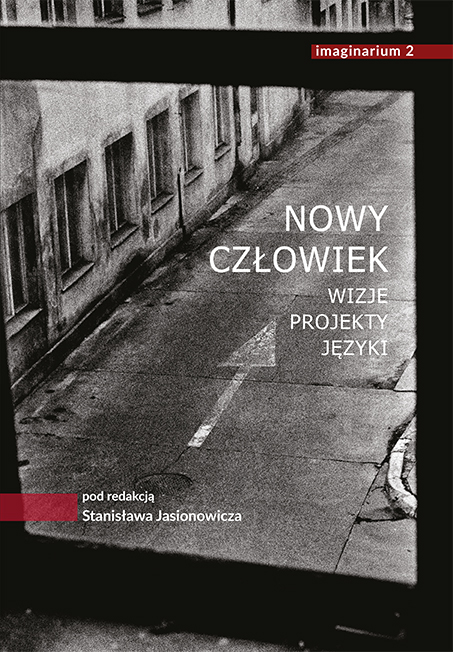Nowe stosunki międzyludzkie w prozie Julia Cortázara, Carlosa Fuentesa i autorów La Onda mexicana w świetle propozycji kontrkulturowych lat 60. XX wieku
Abstract
Contemporary political and social movements opposed to global capitalism are reminiscent of the 1960s, a period of worldwide political, cultural, and social protests. This chapter studies the countercultural attitudes and ambitions in selected novels by Latin American authors of this period. Cortázar’s and Fuentes’s characters strive to distance themselves from the middle-class mentality, looking for a renewal of human relations and for a space of liberty. They find it in imaginary paradisiacal places or in Indian rituals restored from the past, respectively. Meanwhile, other writers like Gustavo Sáinz and José Agustín, bring a new language to Latin American prose: conversational and blunt, emerging from a generation of young people enjoying an urban, pop-cultural lifestyle. Through this, Latin American fiction assimilated many countercultural influences, and reshaped them into a broader current of narrative experimentation called “the New Latin American Novel” of the 1960s and 70s.
ISBN
978-83-7643-142-0978-83-7643-143-7


